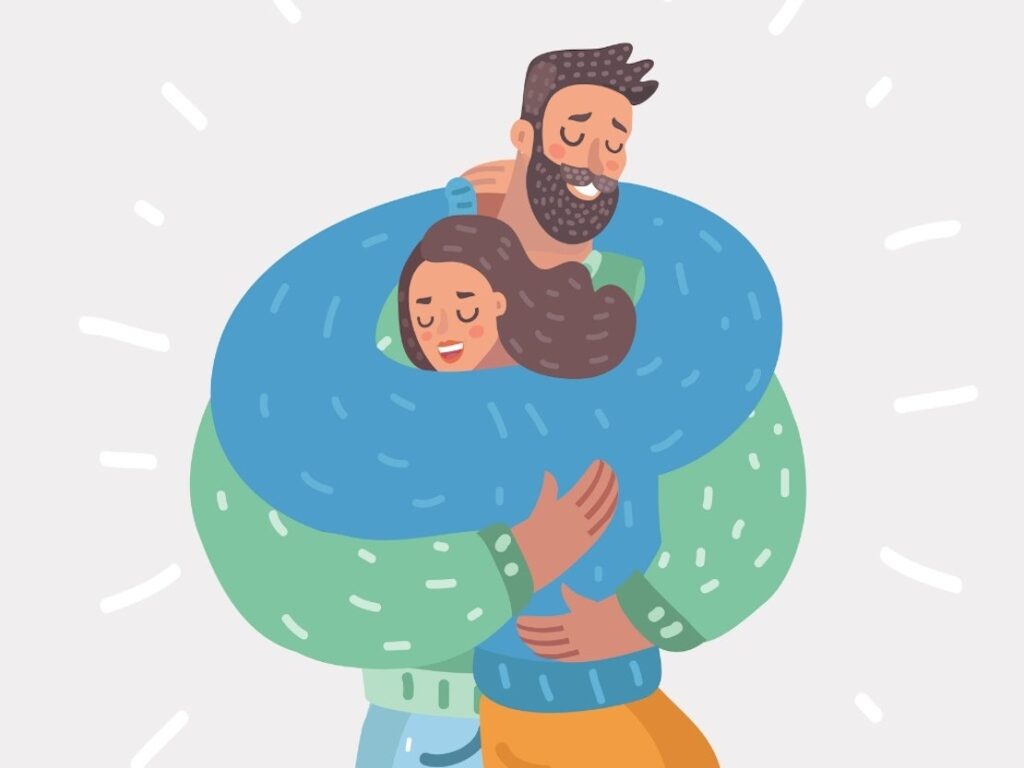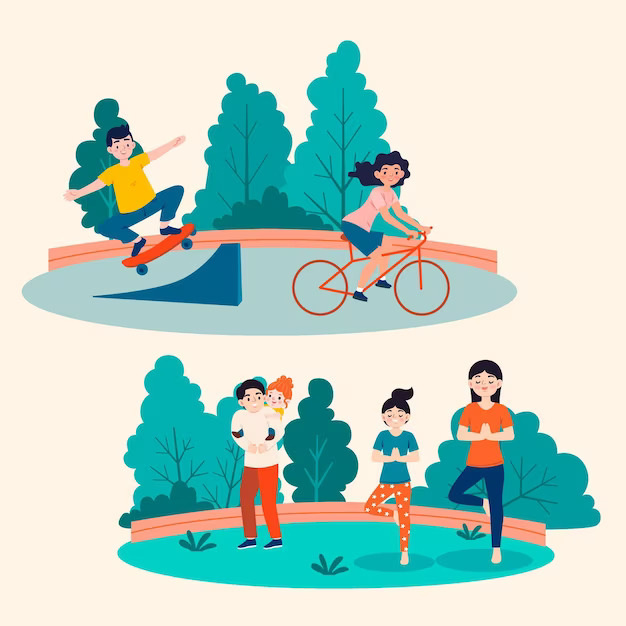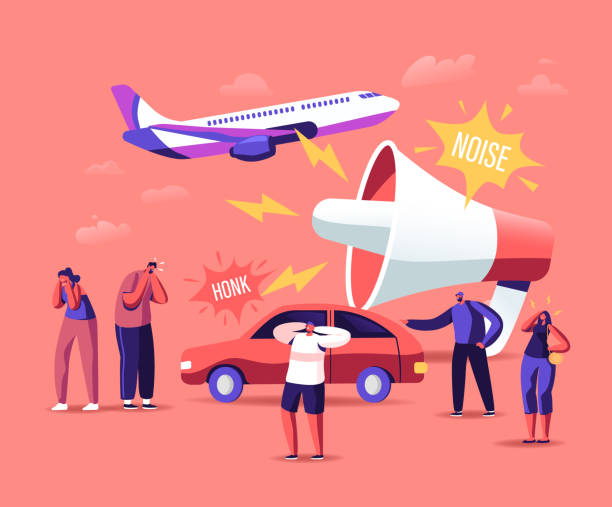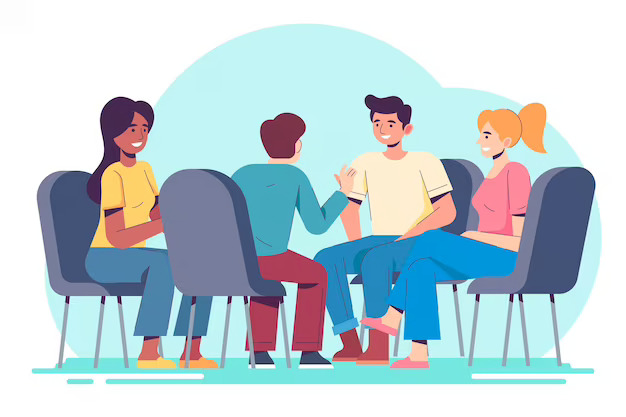Community mental health is a mix of actions that have the goal of improving mental health on a community or social level, tackling health problems and their determining factors in a comprehensive way.
Taking action in building a community of mental health awareness is important because we are all responsible for taking care of and supporting each other. We may not always live and be part of a culture where institutions for mental health exist or where not all parts of the population benefit from them. Therefore, we must create these conditions instead of waiting for them to happen.
Mental Health
Mental health is a person’s emotional, psychological, and social well-being. And it has an effect on every aspect of a person’s life, including how they think, feel, and act. Also, it affects the way a person handles stress, the choices that they make, and how they relate to others. Emotional wellness is the ability to be aware of our feelings and accept them. It means having an optimistic approach through challenges and change. Being emotionally well doesn’t necessarily mean that you’re happy all the time, but rather, that you’re self-aware and able to shift as a way to feel better.
Risk and Safety Factors
There are a number of factors that can determine a person’s state of mental health, or that of a group, or even anticipate mental health disorders.Two of these are known as risk and safety factors, and both can be split into three categories:
| Risk Factors | ||
| Personal | Social | Socioeconomic |
| Examples: -Genetics and perinatal conditions -Physical health issues -Traumatic life experiences | Examples: -Lack of a support network (family, school, neighborhood or work) -Isolation (due to migration, discrimination, etc.) | Examples: -Poverty and inequity -Unemployment -Geography (where you live and your current living situation) -Education level |
| Safety Factors | ||
| Personal | Social | Socioeconomic |
| Examples: -Emotional assertiveness -Resilience -Agency and autonomy | Examples: -Stable and sufficient support network -Healthy dynamics on relationships (work, family, partners) | Examples: -Available services such as health, quality food, housing and green areas -Job opportunities |
Identifying both factors is a good first step for community mental health assessment and prevention.
You may have figured out by this point that most of the risk factors can be taken care of if a community is prepared to carry out small actions that will have a bigger role in the long run.
Take action!
Here are some ideas for concrete actions that you can start or suggest within your own community, whether it’s your school, college or university, neighborhood, family, group of friends, clubs you belong to, etc. You can even promote these actions by starting them yourself and teaching others to replicate them as well. Remember being part of the change you’d like to see is key.
Practice affection, assertive communication, breathing exercises throughout the day, meditation and other fulfilling spiritual activities. If it’s possible, get counseling and/or psychotherapy.
Create clubs for recreational activities such as arts and crafts (music, band, painting, dancing, movie club), gardening (you could learn about sustainable crops and how to plant them, or just gardening to embellish your surroundings or the city that you live in) and cultural events with topics the community might be interested in.
Create exercise groups; the options are endless: you can go for a walk or a bike ride, organize a yoga class, pilates, etc.
Look out for those in your community who might need an extra hand with their day to day activities, and volunteer so everyone can take turns when it comes to helping and contributing. These could be older generations or those with special needs, such as people living with a physical, mental or social disadvantage.
Promote awareness for having healthy surroundings. Noise is one of the most common stress factors. It makes us lack concentration, interferes with our sleep schedule, makes us become irritable and constantly nervous. Take careful consideration when playing loud music, beeping your horn, screaming, and talking loud for a long period of time, etc. Think twice and think of others!
Form groups for emotional support where you can practice emotional assertiveness and acceptance. You don’t necessarily need a professional to be there, it’s more than enough to be an active listener. Try to avoid judging and exude empathy for others.
These are some ideas you can start implementing now. If they already exist in your community, spread awareness and start incorporating them more regularly. Remember, you have agency and are capable of transforming your surroundings little by little, step by step!





This article brilliantly addresses the often overlooked aspect of mental health awareness and understanding for those who haven’t experienced it firsthand. It sheds light on the importance of empathy and support, both individually and within organizations. Highly insightful!